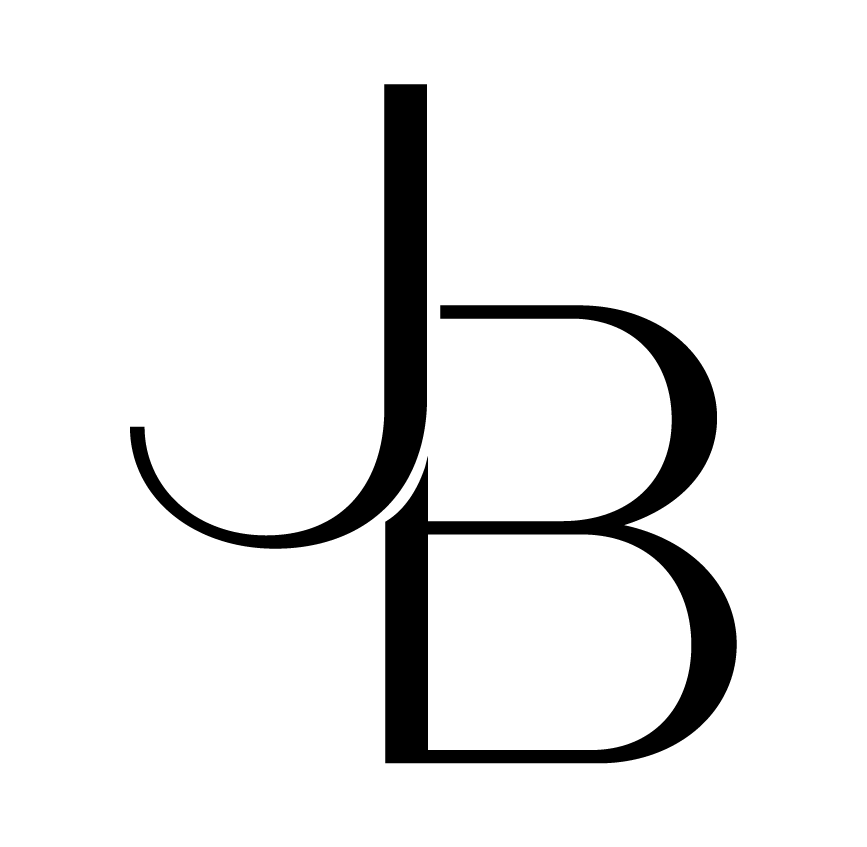Independence + Moderation = A Healthy Relationship

...with anything. But in this case, we are mostly going to talk about caffeine. [Don't hate me coffee friends!! xoxo]
Do you feel like you are addicted to anything?
Doesn't have to be drugs or alcohol.
Coffee? Sugar? Diet coke? ....sour gummy candies? [ME]
The point of this post is to dive into the difference between a healthy relationship with something and a dependence. I don't want you to feel dependent on things that are part of your lifestyle - especially caffeine. The difference between a healthy and unhealthy relationship with caffeine - for example - comes down to that very dependence vs. just loving the routine.
Do you enjoy your morning (or afternoon) coffee because you love the routine of it, the taste, the warmth?
Or do you have your coffee because you feel like you literally cannot function without it?
Hmm...
Let's freestyle a bit here.
Dependence. Your body wasn’t created to rely on energy from caffeine (although wouldn't that be interesting??). If it is not a natural thing, why try to turn it into one? You should be the controller of your habits, not the other way around. You are in control. (say that again!)
Moderation. Everything is best in moderation, even exercise. Even fruit. In fact, if we ate fruit all day long, our bodies would be overloaded with sugar. Balance is key. Too much of the same thing rarely leads to a good thing. (Wait, don't freak out about fruit now. You are probably fine. Unless you are a fruititarian and rely heavily on it. That's a discussion for another day!)
Are there benefits to drinking coffee? Yeah, I'm sure there are. Mostly everything has some sort of benefit, unless it's processed junky food. There's a lot of information floating around the internet that discusses the possible benefits of coffee. And that's cool - in moderation - and without an addiction. Speaking of...
Let's talk about that. Addiction. “Regular ingestion of caffeine alters your brain's chemical makeup, leading to fatigue, headaches and nausea if you try to quit.”(A) “Caffeine is a psychoactive substance - a drug that crosses the blood-brain barrier to stimulate the central nervous system”(B). WOAH! It doesn’t alter your brain receptors temporarily either. The changes last until you quit or greatly cut back.
So you very well may be actually addicted to caffeine.
Back to that differentiation - are you? Or are you just in love with drinking it? IMPORTANT!
Habit? Convenience? How often do you find yourself drinking caffeine out of routine or because it’s THERE, rather than feeling like you truly need it? Like, don't do something you aren't totally into and getting joy from. I have a client who literally LOVES her morning coffee because she loves the taste, she loves the way she makes it, she loves her relaxing 15 minutes with her nice warm beverage.
But, she's not going to drink it because it's in the break room and she's bored. This gets into the topic of mindful eating, which I talk more about HERE. Main point - don't do something unless it's bringing you some iota of joy. Don't do something just because it's THERE or everyone else is doing it. I know it sounds like high school parent advice, right? But seriously - why put something in your body that you don't LOVE?
OK, so what's the real issue, Jess?
Don’t cover up your fatigue with caffeine. Get to the root of it! It is very likely that your fatigue is being caused by poor health management.
Not paying attention to what you eat? Not getting enough sleep? Not moving your body enough?
[Side note. Caffeine could be THE very reason for one’s lack of health awareness (if you don’t have a reason to make positive changes, because you are covering up any issues with cups of coffee, then why should you?) BUT if you rid caffeine from your diet than you may be forced to seek healthier alternatives and make some concrete changes.]
With all of this ^^ keep in mind, individuality. “Effects of Caffeine vary from Person to Person”(B) Lifestyle factors and individual makeup cause caffeine to react differently in all of us.
IF YOU ARE INTERESTED, here are some tips for cutting back -
1. Try to make it more of a nice, calming beverage that you enjoy fully, rather than an aggressive need-to-have.
2. Become aware of how much you consume and when. Do you need it all?3. Be careful about removing caffeine at once, as it could result in intense withdrawal symptoms that could last for days. Try slowly cutting back. 4. Find a good-quality decaf. I say this because some processes to remove caffeine are actually fueled by chemicals. But there are other, water, processes that are much better for you! (aka ask how the coffee was decaffeinated).
5. Drink a latte with more nut milk than coffee, or drink a cup of green tea instead.

